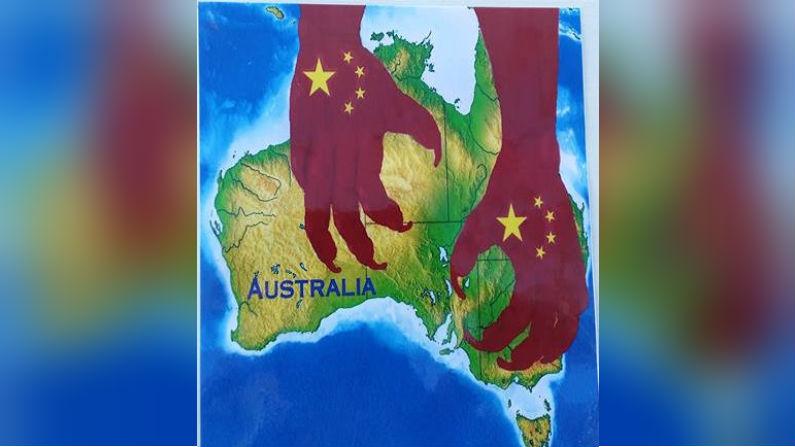Australia’s incumbent and shadow Foreign Ministers Marise Payne and Penny Wong have said Beijing must put a halt to its campaign of coercion against the country before diplomatic relations can resume.
Speaking at the Foreign Affairs Debate in the lead up to the federal election on May 21, Payne and Wong presented a united front when asked how their parties would “de-escalate” Australia’s diplomatic relationship with China. Both declared that any chance of diplomatic ties thawing would only occur if the Chinese Communist Party’s (CCP) hostile actions—including an ongoing trade war—were stopped.




